
This article is taken from The Free Press’s daily newsletter. To get the best of the news delivered to your inbox every morning, sign up here:
On Monday morning, Jay Bhattacharya was feeling optimistic. The Stanford professor of health research policy was in Washington, D.C., to listen to oral arguments in the Supreme Court in Murthy v. Missouri. He is one of the plaintiffs in the case looking at the Biden administration’s efforts to police speech relating to the pandemic and the 2020 election on social media. Last year, Jay’s side won in a lower court. (You can read his op-ed about that victory in The Free Press here.)
Thanks to his dissenting views on everything from lockdowns to masks, Jay was censored by Big Tech during the pandemic. The question for the justices is whether the government violated his First Amendment rights by urging social media platforms to take down certain posts Jay wrote. A lower court ruled that the Biden administration’s requests to remove content were coupled with threats of punishment through heavier regulation—and therefore amounted to unconstitutional coercion.
Jay expected things to go well in the Supreme Court. But, as he told me when we spoke on Tuesday, “some of the justices showed almost no regard whatsoever for the free speech rights of Americans.” For example, Justice Ketanji Brown Jackson said her “biggest concern” is that the case uses the First Amendment as a means of “hamstringing the government in significant ways.”
As Jay points out, “That’s the very purpose of the First Amendment: to restrict the government from violating basic speech rights.”
Brown Jackson, a liberal justice appointed by President Biden, was always going to be skeptical of Jay’s side of the case. But most Supreme Court reporters agreed that even the court’s swing votes weren’t swinging in a pro–First Amendment direction.
Jay said that after a day of legal argument he “left feeling deflated.” His lawyer, Jenin Younes, wasn’t so gloomy. “It went about as I predicted it would,” she said, sketching out what she saw to be the dynamics on the bench, with three sympathetic justices (Samuel Alito, Neil Gorsuch, and Clarence Thomas), three swing votes (Amy Coney Barrett, Brett Kavanaugh, and Chief Justice John Roberts), and three skeptics (Sonia Sotomayor, Elena Kagan, and Brown Jackson).
The court will hand down its decision by June—and so Jay and his legal team have plenty of time to read the tea leaves.
Meanwhile, Murthy v. Missouri is only one in a series of First Amendment cases being heard by the Supreme Court this session. The others are:
The Netchoice cases, which deal with laws in Texas and Florida that limit the freedom of social media companies to moderate content on their platforms. The cases pit the free speech rights of those companies against the rights of their users.
A case concerning whether a New York official violated the National Rifle Association’s First Amendment rights when, after the 2018 Parkland shooting, she urged banks and insurance companies to stop working with the group.
A case looking at whether public officials can block you on social media. (This week, the court has already decided, unanimously, that they cannot.)
All these cases apply the First Amendment to the social media age, but the first two are most important. With Netchoice, the court will decide whether social media companies should be treated as publishers—or as a modern-day public utility. And with Jay’s case, the court will decide whether the powers of the counter-disinformation complex—through which so much modern censorship occurs—are legitimate, or if those powers need to be checked.
As for Jay, he is still working through the mixed emotions he felt in the courtroom on Monday. “As an immigrant to the United States, I had tingles when I walked into the court,” he said. “I never imagined I would be in the middle of something that, I think, will go down in American history.
“But also, I felt a lot of sadness,” he told me, because his work relies on the First Amendment. “As a scientist and a professor, the heart of my job is to speak. And I have to look over my shoulder and worry whether the government is going to censor my speech. That’s just shocking.”
Oliver Wiseman is a writer and editor for The Free Press. Follow him on X @ollywiseman.




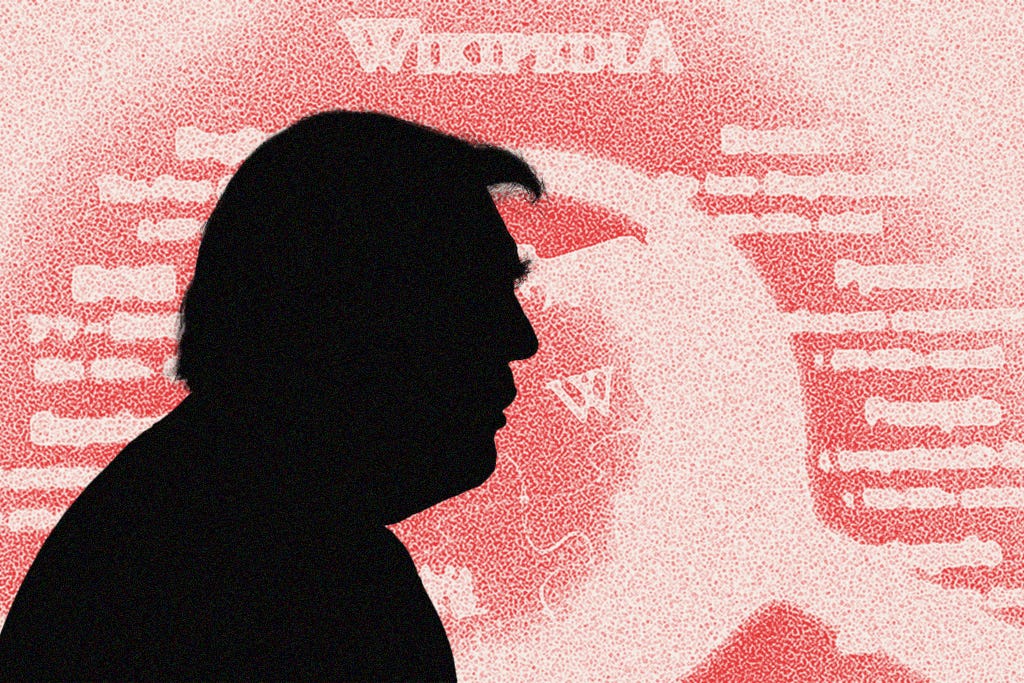

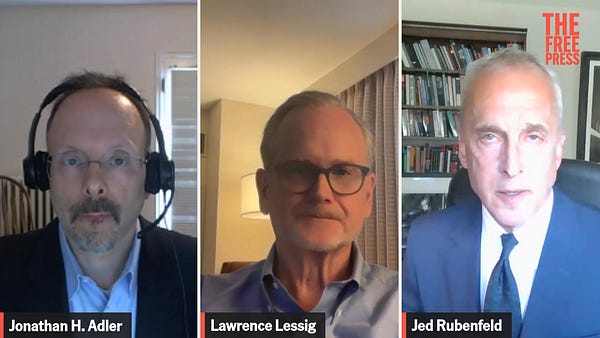

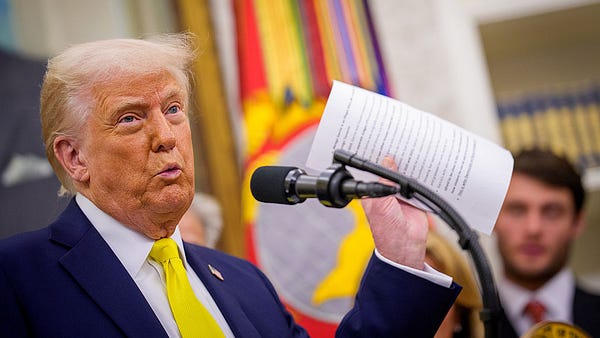

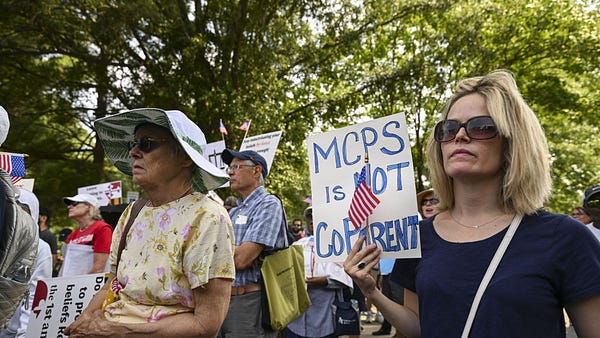

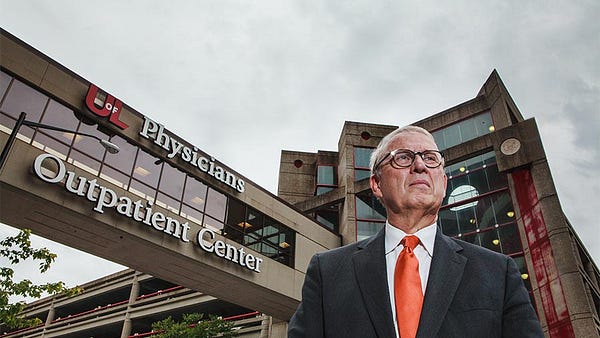

This is clearly a free speech violation. I know we had a lot of unknowns around COVID at the time, but when professionals in their field are being silenced, we have a serious issue on our hands. I don't agree with flat-earthers, but I don't think they should be silenced either. Even though it shows how poor our education system is.
I'm in Canada and it's worse here. What bothers me is not just the creeping authoritarianism and censorship, it's the way that so many people actually support it. Their thinking is neaderthal: well that's not nice, they shouldn't say that, and we should force them to stop it. It's that basic. I am a professor/lecturer under suspension for a LI response to a guy who was calling for the extermination of Israel. I had just watched the Hamas massacre videos, and I wasn't feeling too jocular. I said I stood with Israel and said if you stand with Hamas, you stand with Nazis and then listed the less than glorious accomplishments of Hamas—presto - Human Rights Complaint against me. I've been suspended for four months and banned, banished, threatened, and defamed, I regret nothing, but some actual anti-semite (hundreds of posts, a lover of Hamas, the Houthis, dictators, hater of all thing Western) had a human rights complaint and he has had nothing happen to him, nothing, he's on campus, they've ignored it for six weeks and in six days with me they were shaking with rage at me, I am now accused (for my post) as a violent threat, accused of assault at school (when I was at home as I was banned from school), they have shredded me. And the VP has told her staff that I will be fired even though they are doing this Orwellian (I would say Kafka, but it's just trying to be smart; I haven't read him since high school, and I know his character became a dung beetle, that's it) They have lawyers threatening me, my table is stacked with paperwork. Everyone says I will be fired, everyone. And the real anti-semite, nothing. But I don't think he should be fired, I think he's a nasty racist ass but I don't think he should be fired. Seriously, free speech isn't a thing anymore, it's not, it's off with their heads. They take themselves so seriously. I'm supposed to meet some investigator; I will tell her off the entire two hours and tell her she's an idiot; I don't care. But my question is, the uni only cares about me talking to the media; they are obsessed; I'm not concerned about them getting their panties in a bunch (oh no, shouldn't say that), and if they want to fire me, they will, and we will see what the union does. But I don't have a lawyer anymore; she got too busy, and I'm not inclined to follow their stupid NDA. I told them truthfully I was on too much morphine when I signed because of kidney stones; it's a creative excuse; do they get to silence me? I'm tired of it. The union idiots want me to show remorse, but I'm not doing it. It's not only the societal ignorance on what free speech is, but it's these pompous twits with their serious faces acting me like I've been running a child slave ring; it irks me. If they fired me, could they throw me in jail for talking? I'm not signing any NDA, and I'm not shutting up. As a nation, we don't value free speech anymore; we are a nation of idiots. https://nationalpost.com/opinion/teacher-fights-back-suspended-denouncing-hamas